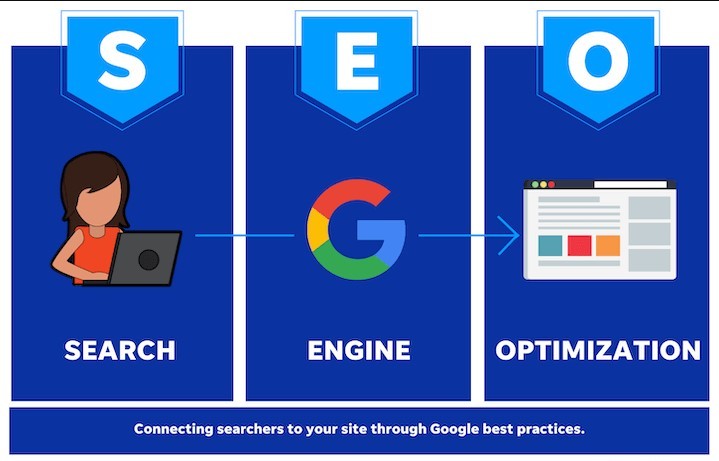10 Common SEO Mistakes to avoid for Better Rankings

One of the most fundamental mistakes businesses make in their SEO strategy is neglecting comprehensive keyword research. Keywords are the bridge between what users are searching for and the content that businesses provide. Failing to identify and target the right keywords can result in missed opportunities for organic Versicherungspolicen vergleichen traffic. Instead of simply focusing on high-volume keywords, it’s essential to consider long-tail keywords that reflect specific user intents and needs. Utilizing tools like Google Keyword Planner, SEMrush, or Ahrefs can help uncover valuable keywords that align with your audience’s search behavior. By prioritizing thorough keyword research, businesses can create content that meets user demands and improves their chances of ranking higher in search results.
- Overlooking On-Page SEO Elements
Another common mistake is overlooking crucial on-page SEO elements that directly impact rankings. Factors such as title tags, meta descriptions, header tags, and image alt text play significant roles in how search engines understand and index web pages. Title tags should be unique and include primary keywords, while meta descriptions should provide a compelling summary that encourages clicks. Additionally, utilizing header tags (H1, H2, H3) to structure content not only enhances readability but also helps search engines understand the hierarchy of information. By optimizing these on-page elements, businesses can enhance their relevance and improve their visibility in search results.
- Neglecting Mobile Optimization
As mobile usage continues to rise, neglecting mobile optimization can severely hinder a website’s SEO performance. In 2024, Google emphasizes mobile-first indexing, meaning that the mobile version of a site is considered the primary version for ranking purposes. If a website is not mobile-friendly, it can lead to higher bounce rates and lower user engagement, negatively impacting rankings. Businesses should ensure that their websites are responsive, load quickly on mobile devices, and provide a seamless user experience across all platforms. By prioritizing mobile optimization, businesses can cater to a broader audience and improve their chances of ranking higher in search results.
- Focusing Solely on Rankings Rather than User Experience
While achieving higher rankings is important, many businesses make the mistake of prioritizing rankings over user experience. Search engines are increasingly focusing on user signals, such as time on site, bounce rates, and engagement metrics, to determine the quality of a webpage. If a website provides a poor user experience—whether due to slow loading times, intrusive ads, or difficult navigation—it can lead to high bounce rates and lower rankings. Businesses should focus on creating valuable, engaging, and user-friendly content that meets the needs of their audience. By enhancing user experience, businesses can not only improve their SEO performance but also foster brand loyalty and encourage repeat visits.
- Neglecting Analytics and Performance Tracking
Failing to track SEO performance and analytics is a critical mistake that can hinder growth and improvement. Without proper monitoring, businesses cannot determine which strategies are effective and which need adjustments. Tools like Google Analytics and Google Search Console provide valuable insights into website performance, user behavior, and traffic sources. By regularly analyzing this data, businesses can identify trends, understand user preferences, and optimize their strategies accordingly. Additionally, keeping an eye on competitor performance can provide further insights into industry trends and areas for improvement. By actively tracking and analyzing SEO performance, businesses can make informed decisions that enhance their strategies and improve rankings over time.
Conclusion
Avoiding these common SEO mistakes is essential for businesses looking to improve their search rankings and drive organic traffic. By prioritizing thorough keyword research, optimizing on-page elements, ensuring mobile-friendliness, focusing on user experience, and actively tracking performance, businesses can create a robust SEO strategy that yields tangible results. In an ever-evolving digital landscape, staying informed about best practices and continuously refining strategies will be crucial for maintaining a competitive edge. By learning from these common pitfalls, businesses can enhance their SEO efforts, improve visibility, and ultimately achieve their marketing goals.